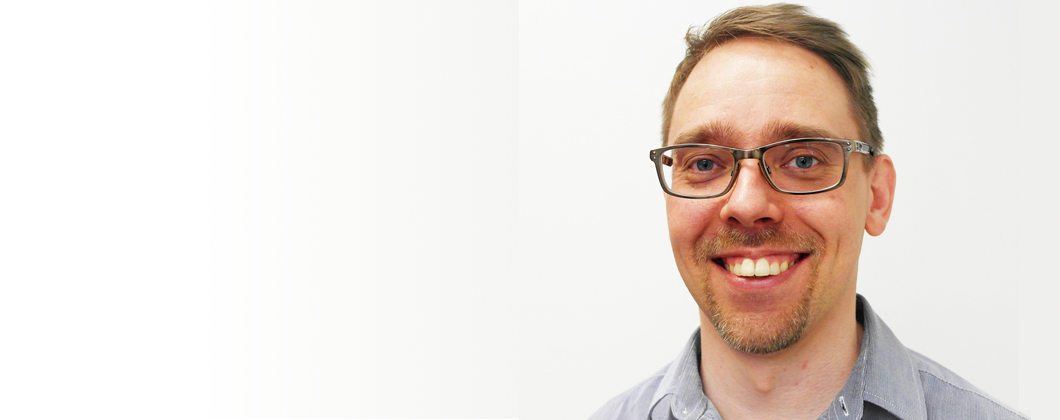“It is important to discuss what kind of information is actually trustworthy and who we can label as being credible experts”
18th of January 2019

Course leader presentation: Jani Ruotsalainen
Finding and Implementing Scientific Evidence – a core element in OSH expertise, 10th – 12th of April 2019, National and University Library of Iceland, Reykjavik, Iceland
Presentation of Jani Ruotsalainen, Managing Editor, Finnish Institute of Occupational Health
I am a research psychologist by training and I have been working in Cochrane since 2004 and I’ve been the Managing Editor of Cochrane Work since 2010. Our latest (2017) Impact Factor is 9.846 so I must be doing something right.
If you are keen to establish my scientific qualifications, then please check out my profile on ResearchGate. I have given multiple courses on understanding and using scientific evidence to inform and improve occupational health practice, and on the use of social media to disseminate research. I run a blog about different ways to visualize Cochrane reviews and their results. I also have my own blog titled NordicEBM where I have written about and advocated for evidence.
When teaching, I support learning by hands-on activities and participant interaction, which usually means lively and stimulating courses. I also crack jokes a lot because I believe that a serious message need not be delivered seriously.
Why do you think that Finding and Implementing Scientific Evidence is an important and current issue to discuss in 2019?
We live in interesting times. There have been two very prominent political events recently, the election of Donald Trump as president of the USA and the UK’s decision to leave the EU, that were both heavily influenced by distorted facts and outright lies. If we leave our opinions aside on whether these outcomes are good or bad, we can probably agree that the process leading up to them was not good. Of course, egregious manipulation of facts is, hopefully at least, rather rare in politics and other walks of life. What is much more common is that we all make decisions constantly based on intuition, hunches, established practice and in many other ways in which we do not necessarily consult the latest objective evidence on the matter. This is fine when deciding trivial matters like what to have for lunch but not so when the decisions are about the health of other people. To find the best course of action, it is important to discuss what kind of information is actually trustworthy and who we can label as being credible experts.
This course aims to first arm participants with the tools that enable them to look for, find and implement unbiased scientific evidence. Secondly, the course facilitates the better use of experts such that one can be surer that the expertise provided is less biased. The importance of these skills will only keep increasing if we must be able to navigate our way through all the fake news and post-truths.
What do you want to say to the participants of the course?
I hope the people participating on this course will be ready to challenge themselves, their fellow participants and the teaching faculty in debating how we can best achieve evidence-based occupational health practice. We have lined up a fantastic programme, great speakers, a terrific venue and all the magic that Iceland can offer.
More information: Course web page
Registration: Course registration
Last registration date: 28th of February 2019
